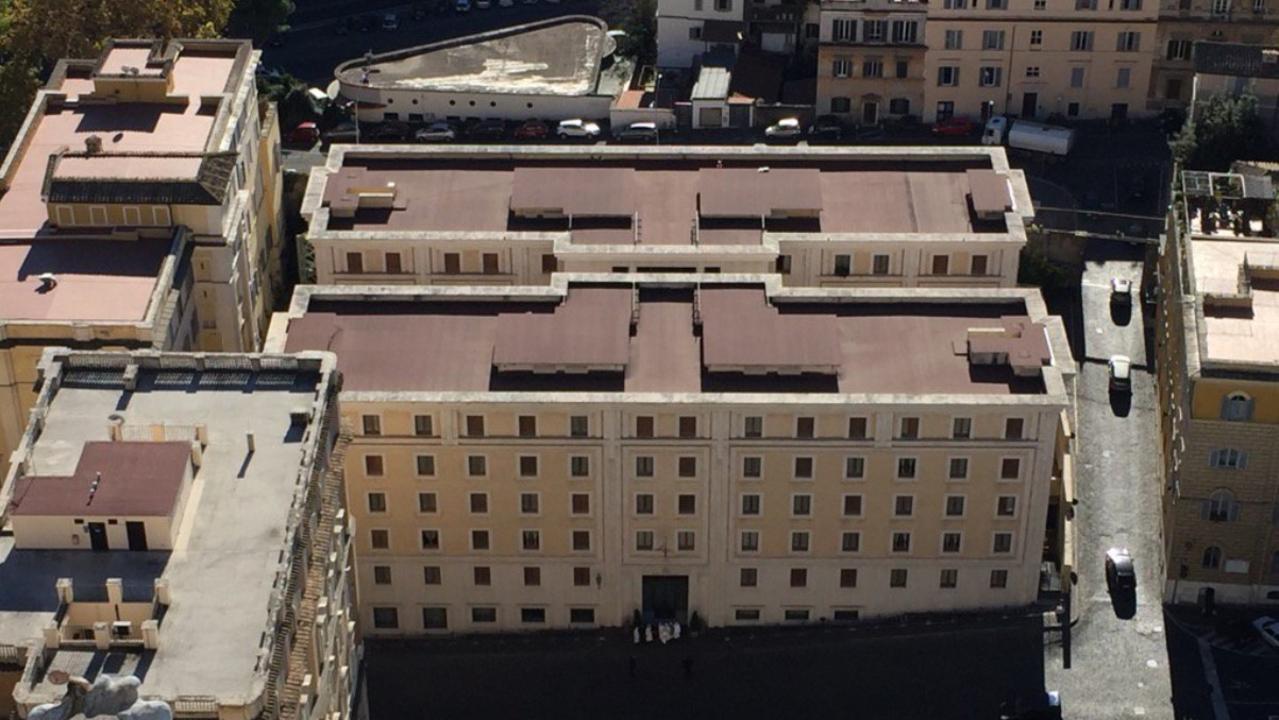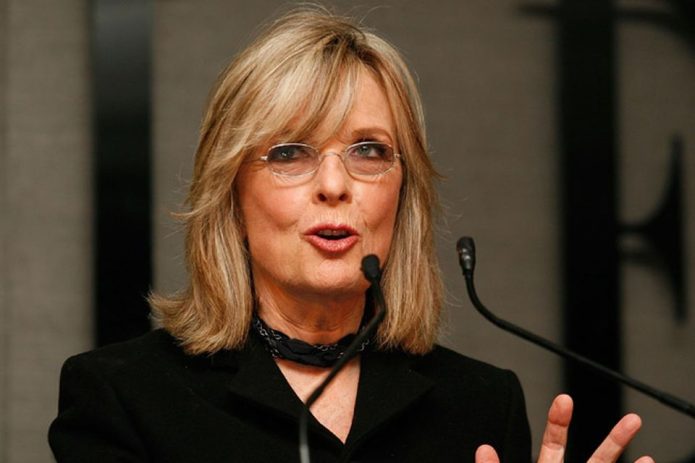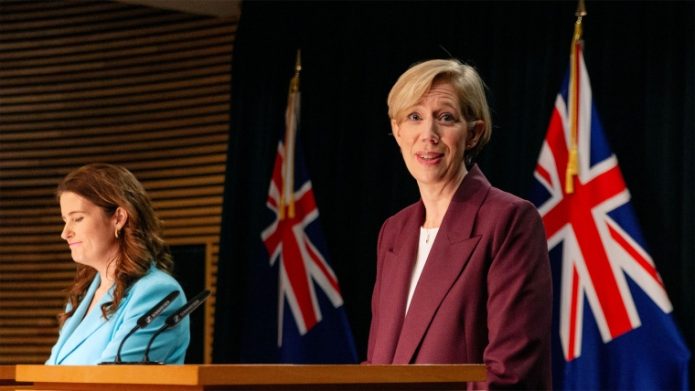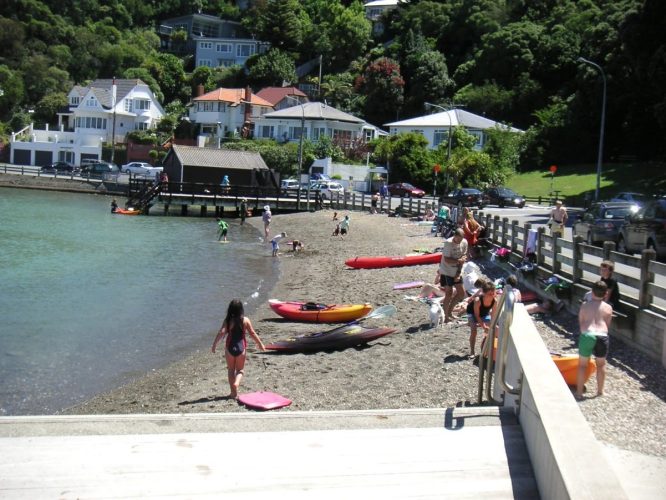PHOTO: Pope Francis. Picture: Alessandra Tarantino/AP Photo
For centuries, the Catholic Church has stood as a spiritual institution, shaping global faith, culture, and morality. However, beyond its religious significance lies a staggering financial empire that few truly comprehend. Following the passing of Pope Francis, new revelations have surfaced about his modest lifestyle contrasted against the vast wealth controlled by the Vatican—a financial powerhouse that owns billions in assets across the world.
The Humble Life of Pope Francis
Unlike his predecessors, Pope Francis was known for his rejection of extravagant luxuries, opting for a modest Vatican guesthouse over the palatial Apostolic Palace traditionally occupied by popes. Reports estimate his personal net worth at $33 million AUD, yet sources dispute whether he retained wealth or redirected much of it to charities and Vatican-controlled trusts.
Interestingly, Pope Francis actively chose to turn down his annual salary of $801,000 AUD, instead ensuring these funds were used for various humanitarian causes and operational needs within the Church. He frequently advocated for financial transparency and reforms, aiming to distance the Vatican from historic controversies related to its financial dealings.
Yet, while Pope Francis lived humbly, the institution he led remained one of the wealthiest religious organizations in human history.

The Vatican owns more than 5,000 church and investment properties around the world. Picture: Christopher Furlong/Getty Images

Pope Francis chose to live in the modest Vatican guesthouse, Casa Santa Marta. Picture: Supplied
How Much Is the Vatican Worth?
Estimates suggest that the Vatican’s net worth lies between $15 billion to $23 billion AUD, making it one of the most influential economic forces in the world. While it functions as a sovereign entity within Vatican City, its global reach extends far beyond religious teachings—deeply embedded in property ownership, banking, investments, and priceless assets.
A major component of its wealth comes from real estate holdings, which include over 5,000 properties worldwide. This portfolio consists of church-owned properties, commercial investments, and diplomatic buildings, many of which hold significant financial value in cities such as London, Paris, Geneva, and Rome.
Some properties are used for ecclesiastical purposes, while others generate millions in revenue through rental agreements, tourism, and investment strategies. Yet, financial missteps have occurred, such as the Vatican’s 2014 real estate failure in London’s South Kensington, which resulted in massive losses due to questionable financial management.
Inside the Vatican’s Financial Power
Contrary to popular belief, the Catholic Church does not rely solely on donations. Instead, its financial empire is sustained through multiple streams, including:
- Real estate holdings across prime global locations
- Banking operations via the Vatican Bank, managing assets for Catholic entities worldwide
- Priceless historical artifacts such as religious relics, manuscripts, and art collections
- Tourism revenue from iconic religious sites, including St. Peter’s Basilica
- Corporate-style investment portfolios, with shares in various industries
These financial structures make the Vatican a complex economic player, influencing policies within Italy and beyond.
Historic Vatican Wealth Controversies
Throughout history, the Vatican’s finances have come under scrutiny, especially regarding transparency and ethical concerns. Over the decades, reports of hidden assets, secret banking transactions, and financial mismanagement have led to various investigations.
In 2021, the Vatican released details on its real estate portfolio, disclosing ownership of more than 5,000 properties worldwide—many of which were previously undisclosed to the public. While the report aimed to improve financial transparency, critics suggested it only scratched the surface of the true extent of Church wealth.
Additionally, the Vatican Bank, officially known as the Institute for the Works of Religion (IOR), has faced allegations regarding money laundering and financial misconduct. Efforts to reform its operations were initiated under Pope Benedict XVI and continued under Pope Francis, yet doubts remain over the institution’s full financial transparency.
What Happens Next?
With Pope Francis’ passing, many question how his successor will approach Vatican wealth. Will financial transparency continue to improve, or will the Church maintain centuries-old secrecy regarding its vast financial empire?
Some analysts suggest that increased public scrutiny and modernized reforms will force the Church to disclose more financial records, potentially reshaping its influence. Others believe the Vatican will protect its assets, ensuring continued financial security through its established wealth strategies.
Regardless of the outcome, one fact remains clear—the Catholic Church’s financial empire is unlike any other in human history.
As headlines unfold about the fortune Pope Francis left behind, expect continued discussions about the Church’s role in global economics, religious leadership, and ethical financial management.
SOURCE: NEWS.COM.AU












